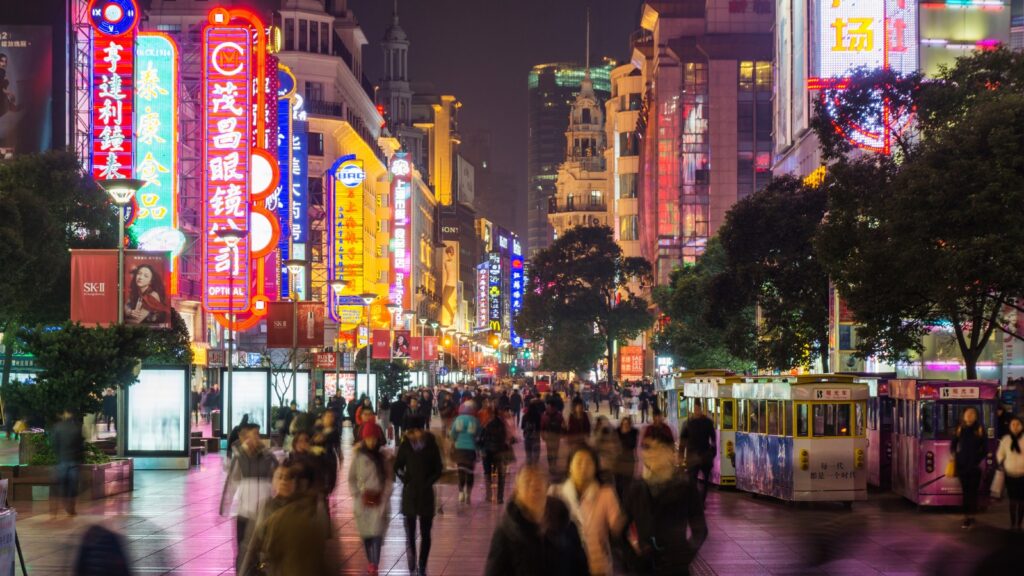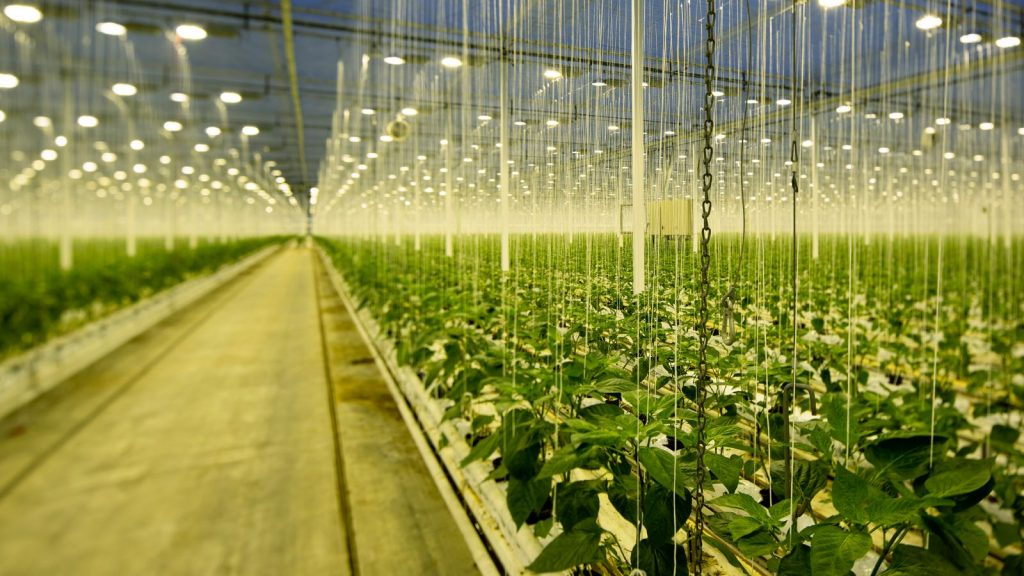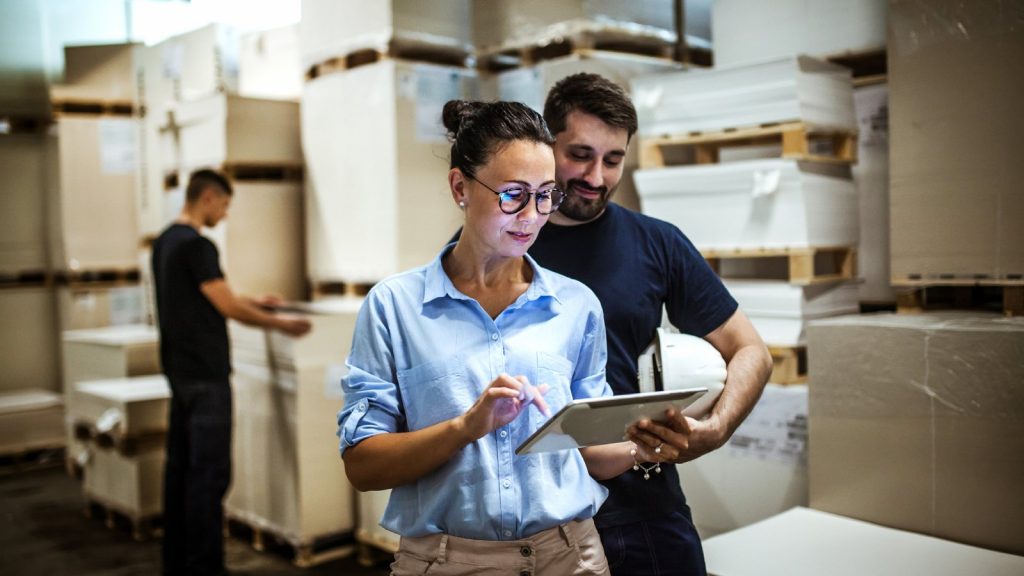
C-suite: retail and consumer goods insights
Interview
C-suite: retail and consumer goods insights
Wed 30 Nov 2022
Earlier this year, we released our C-suite barometer, a report that captures the views of over 1,000 executives around the world. Since then, much has happened from the war in Ukraine to rising inflation. In this article, we check in with Isabelle Massa, Partner, Mazars, who reacts to key statistics from the report with today’s lens on the retail and consumer sector and shares her insights on what’s to come.
A positive outlook for growth will be challenged by growing uncertainties
Following a year like no other in 2020, retail and consumer businesses are feeling especially confident in their crisis resilience, with 89% saying they are highly capable of overcoming the crisis, slightly above executives globally. Similarly, 85% predict revenue growth this year, up from 76% last year.
Isabelle Massa: Growth in revenue is both a perspective and a fact. I can imagine that part of the reasoning stems from people emerging from the Covid crisis with a renewed desire to experience things they couldn’t during the pandemic, driving them to buy and consume more. On top of this, there is an obvious link between inflation and revenue increase: we are experiencing strong inflation and as prices rise, so too will revenue of the consumer sector companies.
It’s hard to tell how long this trend will continue as it depends on several factors. At some point, the capacity for people to buy more will be reduced in the face of growing inflation, especially for low- and middle-income households who won’t be able to cope with rising prices. Typically, in the first year of inflation at the levels we are seeing today, many people adjust and try and keep up their lifestyles, but next year will mark the second year, in which many people will have wounded savings and won’t have the same resilience they had previously.
Inflation will also be different in certain countries and in certain products. In France, for example, legislators are working on an action plan for spending capacity, centred around quality of life to help citizens meet their needs. And most notably, energy makes up a huge part of the equation because of the Ukrainian-Russian war and its impact on the countries that rely on oil and gas resources from the region.
To give a personal example, in my household we operate on gas and there is no fixed price with the gas company, meaning pricing relies on the market. As a result, our energy bills have increased by roughly 30% from last year. We certainly aren’t alone in this situation, and for many people who have planned a certain budget around energy expenses and are confronted by a similar increase, they may be forced to reduce their budgets for other expenses.
Looking forward, it is impossible to know what will happen next, but if there’s one thing the pandemic has taught us, it’s resilience – both people and businesses have built strong resilience to weather the storms ahead and I am hoping for a positive outcome.
Elevated expectation for technology, ESG and performance transformations
Companies across sectors are gearing up for expected transformations in the years ahead. Notably, 71% of executives in retail and consumer goods expect their business to undergo a technology transformation, 3 points higher than c-suites globally. Leaders across the sector also expect ESG and performance transformations at a higher rate than the global average.
Isabelle Massa: Retail is really strong in transformation because it has to be – consumption is constantly changing alongside the shifting needs and behaviours of people.
Much has evolved in retail that requires a technology transformation. In the past, consumers would go to stores, but now when they want something, half of the time they will buy it online. Meaning, if you are a retail company, yesterday you had to buy and set up stores, and today, you need to have a high-quality IT system and well-managed warehouses to allow for a quick delivery.
The perspectives are changing, and so too are the way that businesses organise themselves, and as a result there are high expectations for technology and performance transformation. Initially, there is cost in changing the value chain of your business and companies need to recover their performance. On top of it, they are faced with added pressure from consumers on ESG concerns, including respect for people and the environment.
The consumer sector was one of the first to really deal with ESG because it is completely driven by people. Before businesses and countries started taking ESG matters into consideration and implementing regulation and practices that aligned with their ESG strategies, people – the consumers, were already calling for action. In a way, the sector has always been in a state of transformation and will always continue to be.
A high level of data maturity is expected
The security of digital technology is essential for a consumer sector business in order to protect its brand and support its financial sustainability, which is reaffirmed by our study which highlights the high level of data maturity in the sector, with 72% saying their business’ data is fully protected – 4% higher than the global average.
Isabelle Massa: When you buy online, you leave behind all sorts of data, starting with your name, your address, your age and the number and types of things you are buying. All of this is entered into your profile, including your bank account information. Naturally, consumers expect a high level of maturity because they need to have confidence that the company that has pulled this information is keeping their data secured, otherwise they will not continue their business.
All this data constitutes as an asset for a company because once they have this data, they know what to push. So, if you are looking at a product one week, you will certainly see that product or similar ones because they are using your history to target your profile. This data is not always sold, but it is used by companies to sell more and increase their profits.
Our need for convenience can also be a double-edge sword. When you go to checkout online and all your information comes up automatically: credit card number, address, etc., it can be worrisome to think about how that data is stored. However, at the same time, many people value that convenience because it is very practical and saves time. And this is where cybersecurity is really important because if we know our data is protected and doesn’t leave the system, it creates trust.
While online shopping has definitely increased data collection in the retail and consumer section, it’s existed long before online shopping became prevalent. Businesses have been using data for all sorts of decisions, including where to set up their shops and where they should place particular items within shops to increase their performance. When you think of large stores that sell a vast amount of products, product placement is extremely important because if it’s not done well, people will get in and out rather than stay and increase their likelihood of spending.
Growing focus on ESG with health and safety as a top priority
The Covid-19 crisis has had a direct impact on the approach of businesses in the sector to ESG matters, from waste reduction to human rights and business ethics. Markedly, health and safety remain a top priority, with 67% of companies listing it as a top focus, 4 points above the global average.
Isabelle Massa: In the umbrella of the consumer sector, you also have pharmaceuticals and family products, meaning there is a natural interest for health because it leads businesses to increase their revenues. In addition, ESG and performance have emerged as top priorities in the sector.
At one point we had a large number of consumer distribution companies that had a value chain that required them to go through huge, centralised warehouses or plants where they packaged or stored consumer goods that were then distributed to local stores. However, today, people want to buy local. Instead of having one huge warehouse in Brussels, for instance, that will deliver products across Europe, businesses are opting for smaller warehouses, very near to the client or local stores that can deliver overnight, or very quickly. This stems both from an ESG perspective, because consumers don’t want their tomatoes to have to travel by plane, for example, but it is also driven by the demand for local products that come from local stores.
In terms of safety, concerns have risen due to all the home delivery services where there are workers on scooters or bicycles that cross cites very quickly, sometimes not observing red lights to meet their strict time constraints, which can put both themselves and others in danger. This is a health and security question that comes up often but is still not totally addressed and I imagine it’s going to become a bigger issue in the near future.
The demands of the sector are consistently pulled in several directions based on consumer priorities. Consumers want ESG concerns taken into account and human rights to be at the forefront of businesses, but they also want their products immediately – and the ensemble of these demands can be inconsistent with one another.
A copy of this article was published earlier on mazars.com.























